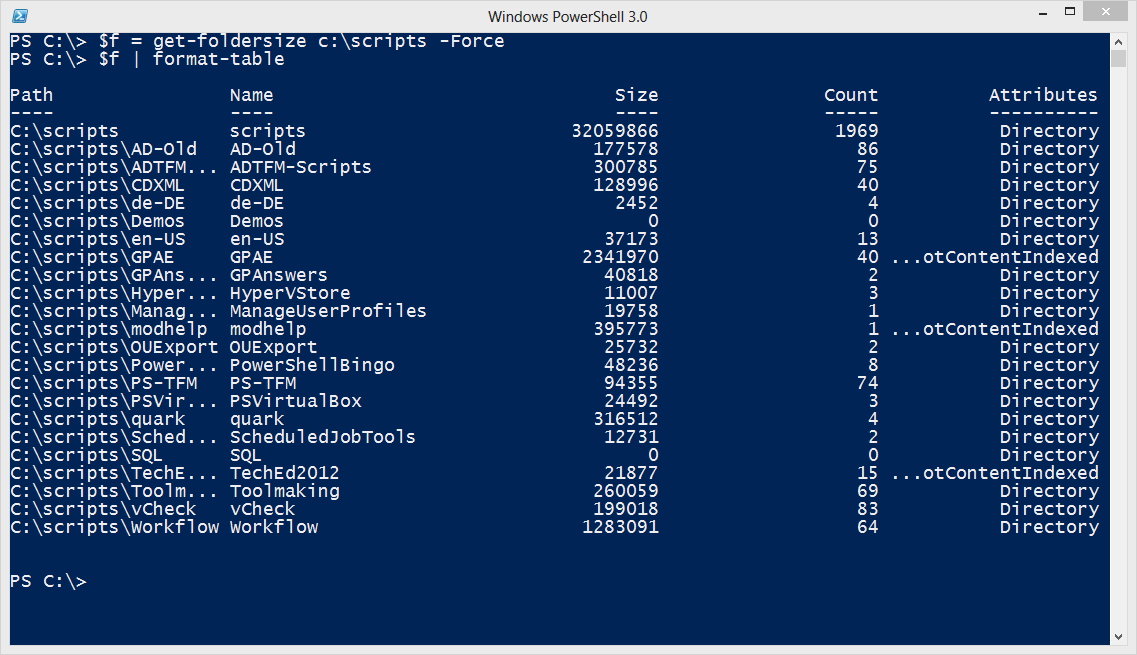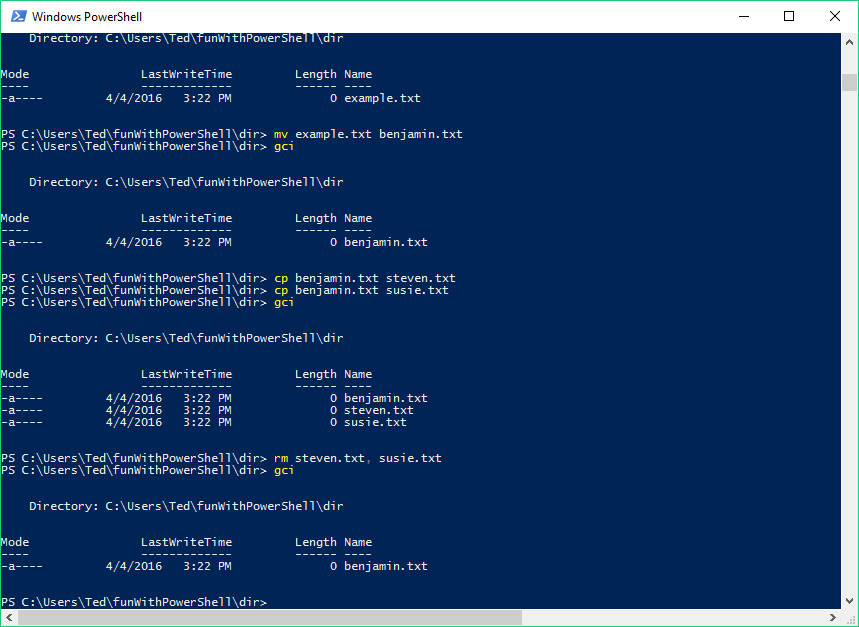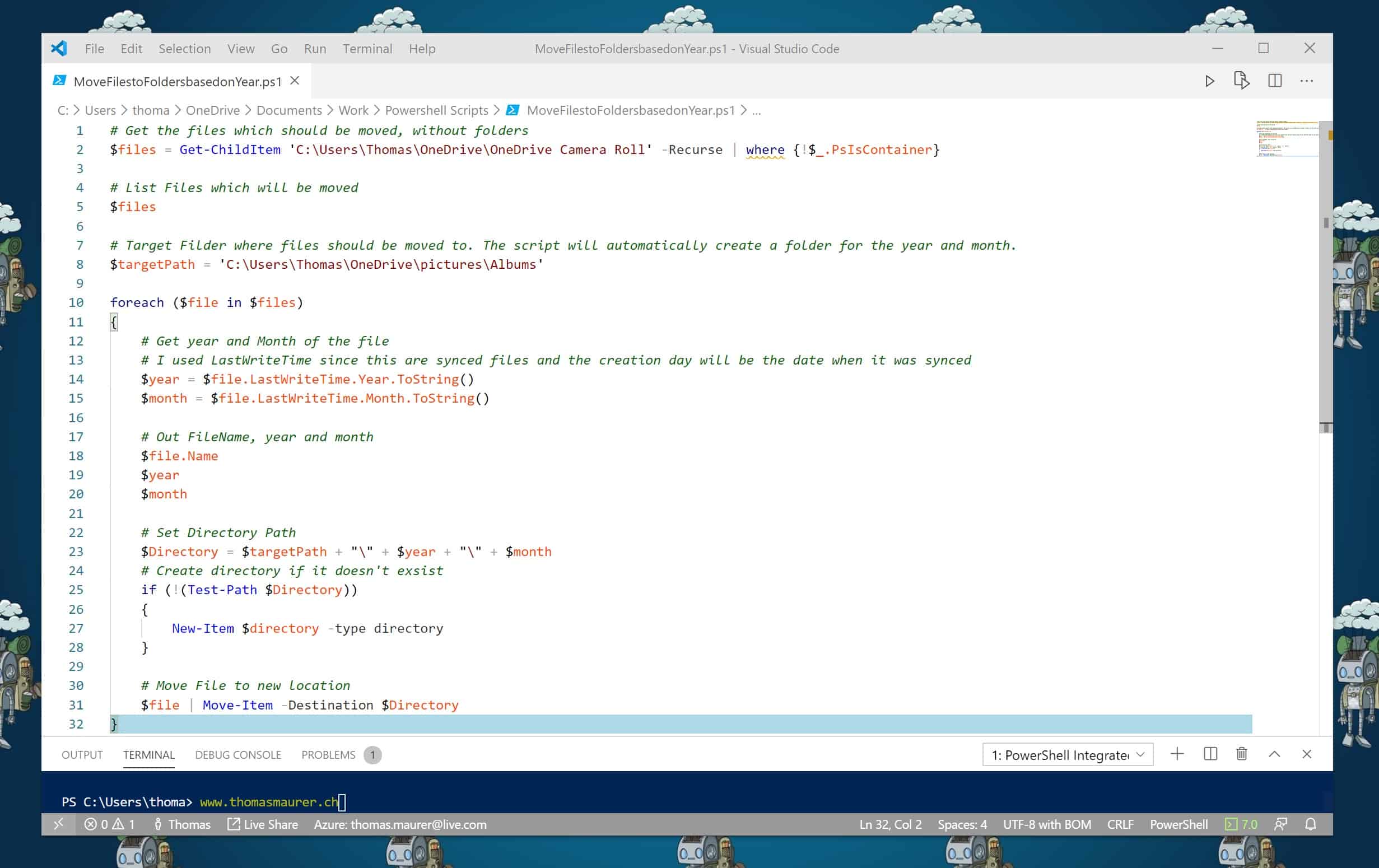

The command below saves the group members list to the current working directory in a file called adgroupmembers.csv. Above command, search for files and get a list of all files in a directory in PowerShell. Use ErrorAction silentl圜ontinue to continue with finding files even without having errors. docx files from the directory or its subdirectories using Recurse parameter. If you want a keepsake or want to perform further processing, you can export the list to a comma-delimited file that can be opened in Excel or used by another program. In the above example, Get-ChildItem uses the Include parameter to find. Get-ADGroupMember -Identity Administrators | Select-Object name, objectClass,distinguishedName | Out-GridView Don’t forget that Out-GridView can be useful for sorting and filtering the results using a simple GUI interface. Note that the group name is enclosed using apostrophes because it contains a space. Get-ADGroupMember -Identity 'Enterprise Admins' -Recursive

You can add the -Recursive parameter to Get-ADGroupMember to list all members of child groups. In the example below, I list all members of groups with domain local scope: Get-ADGroup -Filter | Get-ADGroupMember | Select-Object name, objectClass,distinguishedName Figure 2 You can add the name of the group to the command as shown below and format the output by piping the results to the Select-Object cmdlet: Get-ADGroupMember -Identity Administrators | Select-Object name, objectClass,distinguishedNameĬombine the Get-ADGroup and Get-ADGroupMember cmdlets to perform more complex searches.
Owershell list directory contents windows#
You must also have the Active Directory module for Windows PowerShell installed on the device where you want to run the Get-ADGroupMember cmdlet. Note that you must be logged in to Windows with a domain user account that has permission to read the group(s) you want to list. You can just type the cmdlet in a PowerShell window and you’ll be prompted to enter the name of the group you want to use. The PowerShell Get-ADGroupMember cmdlet is used to list the members of an Active Directory group. What if: Performing operation "Remove File" on Target "C:\temp\hello.mov".įor more information about the Get-ChildItem cmdlet, type Get-Help Get-ChildItem.įor more information about the Where-Object cmdlet, type Get-Help Where-Object.Use Get-ADGroupMember cmdlet to Export Active Directory Group Members What if: Performing operation "Remove File" on Target "C:\temp\slime.mov". What if: Performing operation "Remove File" on Target "C:\temp\backup092.zip". Sort-Object -Descending Length | Select-FilteredObject | To find all items with a filename that matches a regular expression, use the Where-Object cmdlet to compare the Name property to the regular expression: Get-ChildItem | Where-Object | Use the Where-Object cmdlet for advanced regular expression support: To find all items in subdirectories that do not match a PowerShell wildcard, use the -Exclude and -Recurse parameters: Get-ChildItem -Exclude *. Filter and -Recurse parameters: Get-ChildItem -Filter *. To find all items in subdirectories that match a provider-specific filter, use the PowerShell PowerShell (with hash checksum comparison) List files and.

Owershell list directory contents how to#
txt -Recurse Get-ChildItem -Path c : \ temp \*. This article tells you how to compare the directory structure (along with files). Include and -Recurse parameters, or use the wildcard as part of the -Path parameter: Get-ChildItem -Include *. To find all items in subdirectories that match a PowerShell wildcard, use the To find all items in the current directory that do not match a PowerShell wildcard, supply that wildcard to the -Exclude parameter: Get-ChildItem -Exclude *.

To find all items in the current directory that match a provider-specific filter, supply that filter to the -Filter parameter: Get-ChildItem -Filter *~ 2 * To find all items in the current directory that match a PowerShell wildcard, supply that wildcard to the Get-ChildItem cmdlet: Get-ChildItem *. Use the Get-ChildItem cmdlet for both simple and advanced wildcard support:


 0 kommentar(er)
0 kommentar(er)
